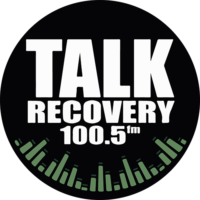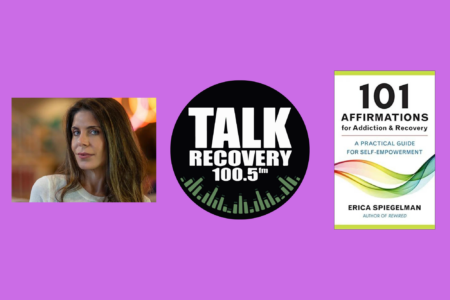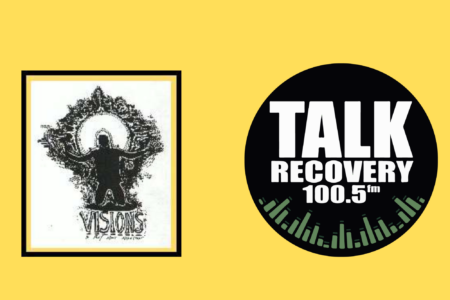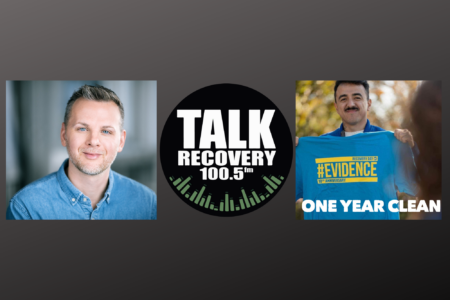Why Insurance Covers Rehab and Not Other Conditions
Talk Recovery RadioTalk Recovery Radio
This week on Talk Recovery Radio we have 2 amazing guests. First on the show we welcome Bruce Rosenberg, co founder of Rosenberg Law, Bruce has made a name for himself in the area of healthcare fraud litigation defense. Second on the show is Steven Hall, a person in long term recovery sharing his personal story of recovery from addiction. Catch it all on Facebook Live on Talk Recovery’s Facebook page.
About Bruce Rosenberg
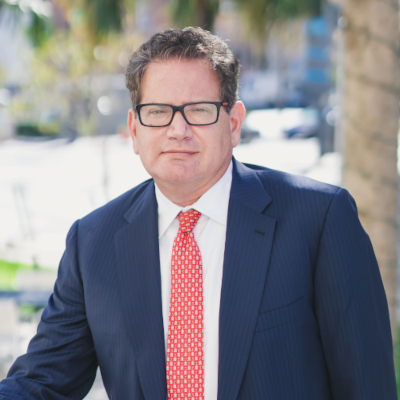
Before specializing in healthcare law, Mr. Rosenberg represented insurance companies in subrogation cases and with defense issues. This experience allows him to serve healthcare providers more efficiently and effectively. His working knowledge includes complex commercial litigation, acquisitions, assignments, joint ventures, partnerships, civil defense of banking and leasing institutions as well as banking compliance.
Mr. Rosenberg is an active member of the Sarasota Bar Association. He also currently serves on the Florida Bar Technology Committee.
Bruce Rosenberg talks about two different scenarios when you are looking into drug addiction treatment in the USA. If you have money, you can go and get treatment at cost, just like in Canada. But since the Affordable Care Act came into effect, addiction treatment has been recognized as an actual essential medical benefit, it is compulsory in the USA to have rehab benefits, in most insurance plans. Meaning the level of care, you get is based upon the plan you have.
When asked about the rep that rehab facilities get in the news as some people think rehab facilities scam or take advantage of people. Bruce says that there is some reality to what the public sometimes sees that industry as, there are good providers and bad providers, and regretfully he says there are bad apples and bad people who take advantage of situations and take advantage of people especially if they have issues such as addiction or substance abuse problems, it can be easy to taker advantage of people.
The reason why addiction treatment centres are different than hospitals in this situation is because hospitals are typically contracted and have agreements with the insurance companies that specify how much payment will be received for the service of treatment, treatment centres and rehab facilities do not have a set price, they make their own prices, if the provider is not in a contractual relationship with the insurance company they can charge what they want, then there is a dispute between the insurance carrier and the provider as for how much they should pay.
Rosenberg Law Socials
Facebook | Twitter | Instagram | Website
DRUG ADDICTION/SUBSTANCE ABUSE REHAB COVERAGE
The Affordable Care Act (ACA) eliminated addiction from the list of preexisting conditions, thus ensuring health insurance coverage for alcohol and drug rehabilitation services; this is because the ACA sought to improve access to medical health services during a time of rising widespread mental health issues.
The ACA classified addiction treatment as an “essential medical benefit”.
Pursuant to the ACA, insurance plans cover addiction evaluation and treatment medication, alcohol and drug testing, anti-craving medication, clinic and home health visits, family counseling, certain interventions, and medical detox programs. Plans obtainable through the Health Insurance Marketplace provide varying degrees of coverage for rehabilitation–60% for Bronze plans, 70% for Silver plans, 80% for Gold plans, and 90% for
Platinum plans.
As a result, the ACA makes addiction treatment more affordable and allows patients to select a greater range of rehabilitation services. However, inpatient programs may be excluded by ACA/public plans. Since the passage of the ACA, private plans offer varying levels of coverage for rehabilitation. State laws that regulate private plans typically require insurance providers to cover substance abuse treatment and other mental health rehab services.
Though costlier than public insurance, private insurance ordinarily provides more options for treatment coverage than public plans, especially for alcohol and drug addiction rehab. However, some private plans do not cover substance abuse rehab, which makes public plans more favorable in those circumstances. Note that the difference between drug addiction and substance abuse–substance abuse is using a substance in a way not intended or more often/in higher amounts than necessary, while addiction is a chronic illness in which a person experiences neurochemical changes causing psychological dependence on a drug.
OFF-LABEL PRESCRIPTIONS
Insurance companies can sometimes deny coverage when physicians prescribe drugs–this occurs when the prescription is for an ailment omitted from the label, meaning that though the drug treats the ailment for which the drug has been prescribed, the drug was not specifically approved for treating said ailment.
Although the practice of off-label prescriptions is lawful and happens all the time, insurance providers deny coverage, except in limited circumstances where physicians provide convincing peer-reviewed research in favor of their prescription.
Even in cases where a physician can convincingly provide backing for the off-label prescription, insurance companies may deny coverage at their discretion.
Steven’s Personal Story
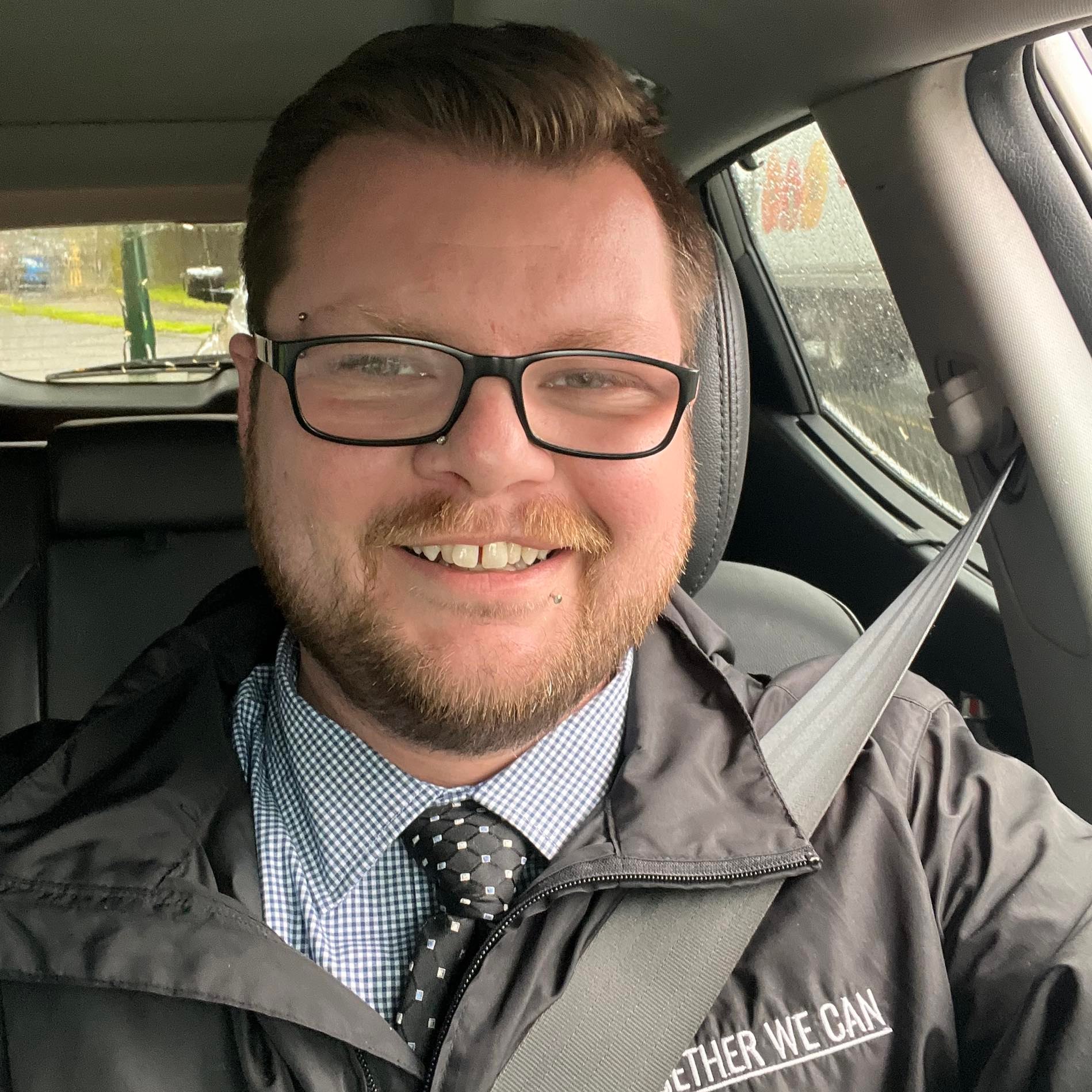
Listen and Subscribe
Talk Recovery airs live every Thursday at noon on 100.5 FM, Vancouver Coop Radio. The Last Door produces this weekly radio show discussing the many pathways to addiction recovery. To end stigma we must continue to talk about recovery. Talk Recovery is in its 7th Season, Hundreds of guests, thousands of listeners, thank you. Show ideas? Email community@lastdoor.org
Powered by #NewWestRecovery

